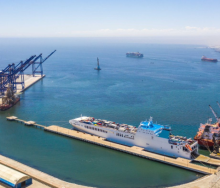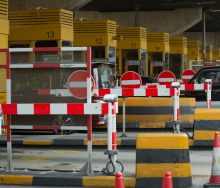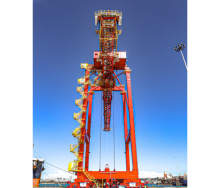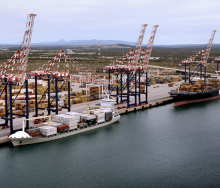After what seemed like much prevarication in the face of lost throughput and consequent costs and loss of revenue for exporters, particularly agricultural and automotive exporters relying on the Port of Ngqura, Transnet has finally provided a lengthier-than-usual response to the labour go-slow at several leading ports.
In an email document sent to Peter Besnard, CEO of the SA Association of Ship Operators and Agents (Saasoa), Transnet chief customer officer Mike Fanucchi has taken the time to outline several interventions taken by the parastatal.
According to Fanucchi the ports of Cape Town, Durban and Ngqura in particular “have been greatly impacted by illegal strike action over the past two weeks”.
He added that “absenteeism and disruptions of operations through malicious radio interference” had aused operational efficiency levels to fluctuate between 53% and 82% at the affected ports.
As with earlier statements, Fanucchi said “Transnet is committed to ensuring that employees are heard and their concerns addressed so that we can continue to deliver optimum service and create value for you our customer. These illegal labour actions therefore have not been tolerated or treated lightly”.
Last week 11 staff from “critical positions” at Transnet Port Terminals were suspended.
Fanucchi added that “since the suspension of the employees last week, radio interference has ceased, and operational performance has improved at all the container terminals”.
In addition, “with a view to closely monitoring the impact on performance and prioritising critical container flows, Transnet has established multiple command centres in Ngqura, Durban and at the corporate head office in Waterfall”.
Moreover, acting Transnet CEO Mohammed Mahomedy has taken it upon himself to urgently address labour recovery measures to make up for lost time and output at the ports.
It includes shift lengthening, resource redeployment, and the prioritisation of urgent cargo, among other things.













